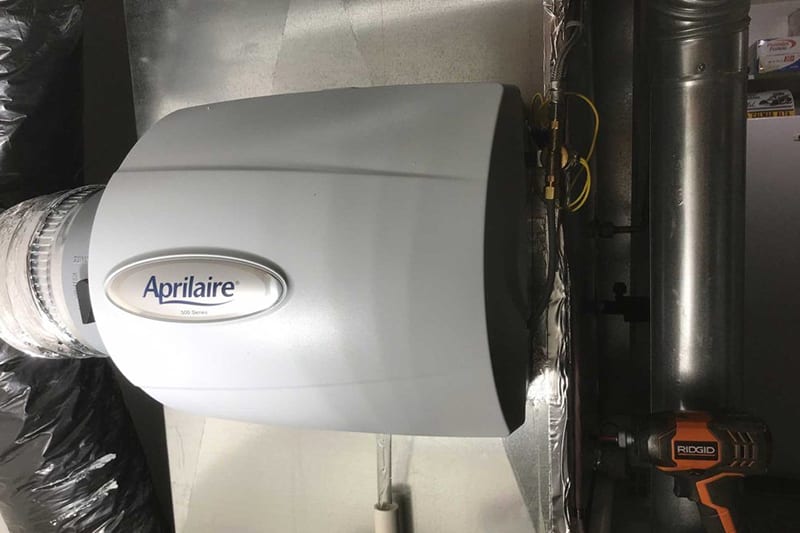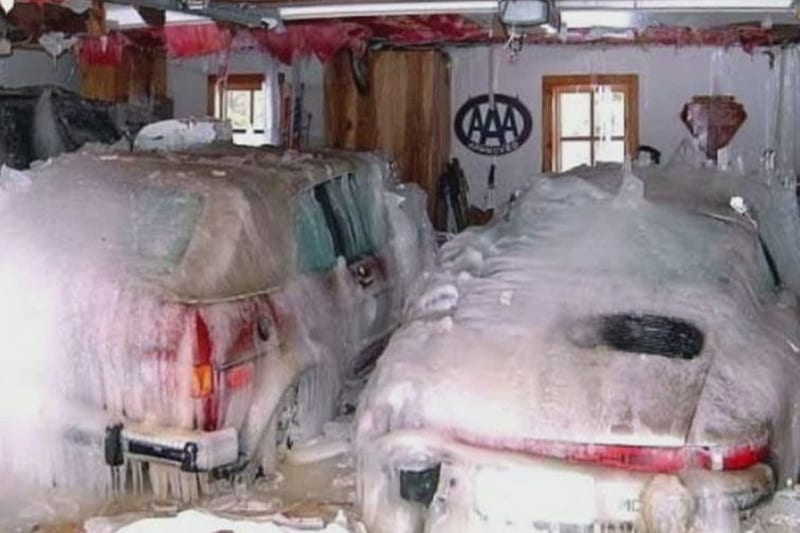Hot water tanks are an essential component of modern households, providing a reliable source of hot water for various domestic uses. These units are designed to heat and store water, ensuring a consistent hot water supply for everyday needs, from showering and washing dishes to laundry and cleaning. Understanding the lifespan and maintenance requirements of your hot water tank can help you make informed decisions about when to consider a replacement.
Signs That Indicate the Need for Hot Water Tank Replacement
-
Decreased capacity: If you notice that the water supply is depleting faster than usual or you’re not getting enough of it to meet your needs, it could be a sign that your tank is nearing the end of its lifespan.
-
Leaks or moisture around the unit: Any visible signs of leaks or moisture around the base or connections may indicate a problem with the unit’s integrity, requiring immediate attention.
-
Discoloured or rusty water: If the water coming from your taps appears discoloured or has a rusty tinge, it could be a sign of internal corrosion, which can compromise its performance and safety.
-
Unusual noises: Strange noises, such as rumbling, popping, or banging, may indicate sediment buildup or other issues that require professional inspection.
-
Reduced energy efficiency: If you notice a significant increase in your energy bills, it could be a sign that the unit is no longer operating at peak efficiency, leading to higher energy consumption.
Factors That Affect the Lifespan of a Hot Water Tank
-
Material: The material used in its construction can significantly impact its durability. Steel or copper tanks generally have a longer lifespan than those made from less durable materials.
-
Water Quality: The lifespan of your tank can also be impacted by the quality of water in your home. Hard water, with high mineral content, can lead to the buildup of sediment and scale, which can shorten its lifespan.
-
Size: Size can also influence a tank’s lifespan. Larger tanks experience more wear and tear over time, as they are used more frequently to meet household demands.
-
Maintenance and Upkeep: Regular maintenance, such as flushing and checking for any issues, can help extend its lifespan.
Benefits of Hot Water Tank Replacement
-
Improved Efficiency: A newer, more energy-efficient unit can help reduce your energy bills and your carbon footprint.
-
Increased Reliability: A new unit is less likely to experience issues or breakdowns, providing a more reliable source for your household.
-
Enhanced Safety: Older units may pose safety risks, such as the potential for leaks or even explosions. Replacing them can help mitigate these risks.
-
Increased Capacity: If your household’s needs have increased over time, upgrading to a larger-capacity unit can help ensure a steady supply of hot water.
Hot Water Tank Replacement Options
-
Conventional Storage Tank: This is the most common type, which stores and heats a large volume of water.
-
Tankless (On-Demand) Water Heaters: These units heat water only when needed, rather than storing a large volume, which can be more energy-efficient.
-
Heat Pump Water Heaters: These systems use electricity to move heat from the surrounding air into the water, making them highly energy-efficient.
Choosing the Right Size and Type
When selecting a replacement for a hot water tank, it’s essential to choose the right size and type to meet your household’s needs. Factors to consider include the number of people in your home, daily usage, and the available space.
Hiring a Professional
While it’s possible to replace a hot water tank yourself, it’s generally recommended to hire a professional plumber or HVAC contractor to ensure the job is done safely and correctly. They can assess your specific needs, choose the right replacement tank, and handle the ac installation process efficiently.
Hot Water Tank Maintenance Tips
-
Flush it regularly to remove sediment buildup.
-
Inspect the anode rod and replace it when necessary to prevent corrosion.
-
Insulate it and the pipes to improve energy efficiency.
-
Adjust the temperature setting to the recommended range of 120°F to 140°F.
-
Check for any leaks or issues and address them promptly.
Conclusion
Maintaining and replacing your hot water tank when necessary is crucial to ensuring a reliable and efficient source of hot water for your home. By understanding the signs of a failing unit, the factors that affect its lifespan, and the benefits of replacement, you can make informed decisions about when to consider a hot water tank replacement. Remember, regular maintenance and timely replacement can help you avoid costly repairs, improve energy efficiency, and ensure the safety and comfort of your household.
If you’re concerned about the condition of your hot water tank or are considering a replacement, don’t hesitate to contact us. We can assess your needs, provide expert recommendations, and ensure a smooth and efficient hot water tank replacement process. Take the first step towards a reliable and energy-efficient solution for your home.














